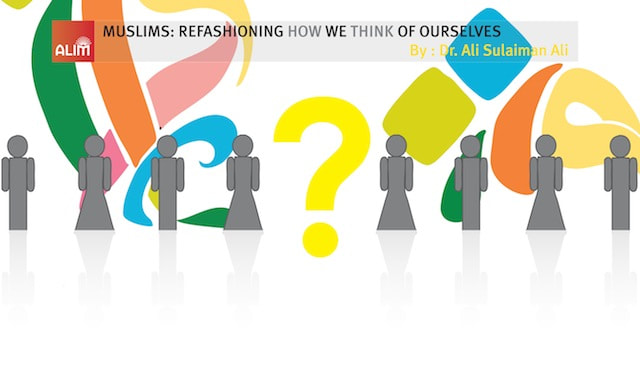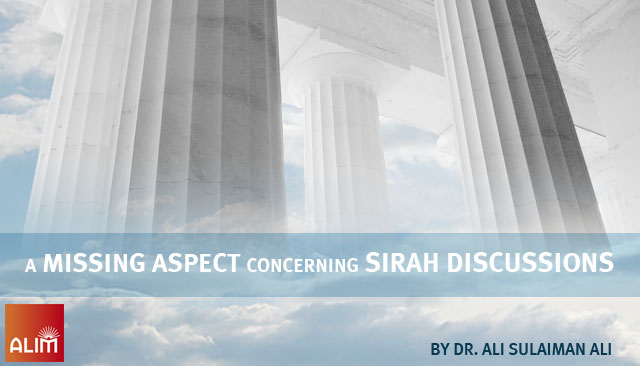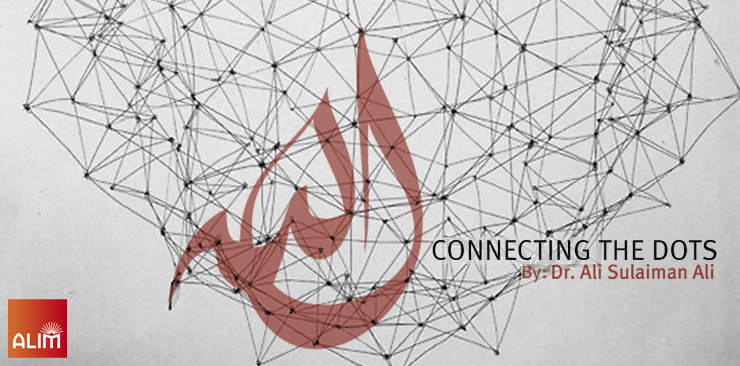|
Our advanced education along with international media presents us with a free market of ideas wherein many and divergent philosophies, ideologies and opinions compete and strive for the world’s acceptance and internalization. The West, in particular, is where these concepts ferment. People are coerced and persuaded to choose the ones that make sense to them. Some choose according to their whims and fancy, while others may choose according to their religious dogma or moral beliefs. Of course, the reasons for choice may be many.
0 Comments
As Muslims, the Prophet (pbuh) is our model to emulate. The practical source for learning about the life of the Prophet (pbuh), his behavior and actions is the Sirah, the prophetic biographical works. Muslims rely on this outlet for guidance about issues of daily life and behavior. The main sources of Sirah are the Qur’an, the Sunnah – stories from the life of the Prophet (pbuh) that were documented by classical biographers of the Prophet (pbuh), and the Hadith – the sayings and actions of the Prophet (pbuh).
Dr. Hans Kung, a professor of Ecumenical Theology and President of the Foundation for a Global Ethic said, “There will be no peace among the nations without peace among the religions. There will be no peace among the religions without dialogue among the religions.”
Clarifying the Sunnah (Actions, Sayings and Tacit Approval) of the Prophet Muhammad (Peace Be Upon Him).
This article was prompted by a visit one day by two groups of dedicated, young, practicing Muslims. There had been a heated debate on two issues. One was about whether or not our Prophet Muhammad (pbuh) had ever spoken or acted from his own desire, or had he always spoke by revelation. The second issue was regarding whether or not Muslims must follow the Prophet (pbuh) in everything: emulate all of his actions and follow all of his orders. Do not Fall into the Trap
“Indeed, this Qur’an guides to that which is most upright.” Qur’an 17:9 “You shall certainly be tried in your possessions and your lives, and you shall certainly hear many hurtful things from some of those who were given the Book before you and from some of polytheists. But if you persevere patiently and guard yourselves against evil, that is a matter of strong determination.” Qur’an 3:18 The phrase “American Muslim Split Personality” concerns a double standard in our behavior. It is not unique to us, the American Muslim, nor is it a new issue. The wives of prophets Nuh [Noah] and Lut [Lot] lived by double standards; and so did one of the sons of Nuh.
I have named it the “double standard game.” It can be divided into two categories: nifaq al-‘amal, hypocrisy of deed or action and nifaq al-i’tiqad, hypocrisy of belief. We are concerned with the former only. The latter is the hypocrisy that leads to the fire: those who are insincere concerning their belief in the shahadah. Praise be to Allah we are not guilty of this, and I am, categorically, not implying this for us. |
|
stay connected
@alimprogram
PO Box 871785 Canton, MI 48187
(734) 956-0698
(734) 956-0698
2024 © American Learning Institute for Muslims. All rights reserved.
ALIM is a 501(c)(3) organization. All donations are zakat-eligible and tax deductible. Our EIN is 38-3633579.
Zelle: [email protected]
Terms of Service | Privacy Guidelines | Sign Up for ALIM Emails I Get ALIM Text Alerts
ALIM is a 501(c)(3) organization. All donations are zakat-eligible and tax deductible. Our EIN is 38-3633579.
Zelle: [email protected]
Terms of Service | Privacy Guidelines | Sign Up for ALIM Emails I Get ALIM Text Alerts





 RSS Feed
RSS Feed